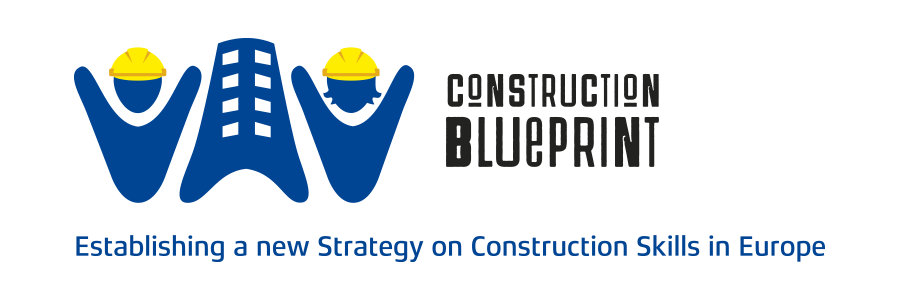Fundación Laboral opened its online platform at the end of March and has already received more than 26,500 registrations for one of its more than 40 free short-term courses, specializing in several construction topics.
With the aim of clarifying occupational risks and knowing the preventive measures to be adopted for the development of teleworking activities, specifically at home, the Fundación has just launched a new free online course to be added to the 40 short courses it has been offering since the end of March in several specialized subjects related to the sector.
These days, many Spaniards have had to adapt their homes for teleworking. To develop the labour activity under this modality causes a situation of certain complexity due to the difficult separation between work and private or family life, as well as when the spaces available in the family home are reduced and there is no possibility of creating differentiated spaces for teleworking.
The new course, which lasts four hours, seeks to put on the table the occupational risks of teleworking, which are mainly ergonomic, psychosocial and safety, and which can lead to accidents or various pathologies such as muscular-skeletal disorders, visual fatigue, stress, mental fatigue, anxiety, etc.
One of the most outstanding sections focuses on preventive measures to avoid the most common ergonomic problems that can affect workers in this type of work. The design of the workplace, the control of environmental conditions, and the adaptation of the working posture are fundamental in this sense.
Throughout this section, graphics and videos are shown with exercises to avoid back pain or stretching to correct the adopted postures.
We must not forget another of the main risks of working from home: the psychosocial risks, which are caused by factors related to the tasks and/or functions of the worker or to the structure and/or organization of the work. Setting up meetings, limiting working hours, organising formalised working methods or providing technical support to the teleworker from the company are some of the preventive measures recommended to avoid them.
The course contains a section with guidelines for the teleworker, which includes a computer graphic with the main recommendations to exercise this modality of work and a series of explanatory videos on ergonomics at work for the correct use of the work table, screen, chair or keyboard.
More than 26,500 registrations for free online courses
Since Fundación Laboral opened its online platform at the end of March to offer free training to the entire Spanish sector during the crisis caused by the Covid-19, more than 26,500 people have already registered for one of the more than 40 short courses offered in various specialized subjects related to the sector.
The courses, which last between four and ten hours, have been offered exclusively to holders of Professional Construction Card (TPC) since 2016. Since then, every beginning of the month, the joint entity has launched a new training action, on subjects related to innovation and good practices in construction, specific work in Building and Civil Works, Occupational Risks Prevention applied to the sector, and even transversal disciplines such as, for example, Techniques for finding employment. This month, the entity has decided to advance the online course of the month of May offering a new online course on ‘Occupational risks and preventive measures in teleworking’.
In addition to this course, all the workers and companies of the construction industry that wish to do so, will be able to access to more than 40 courses that are having an excellent reception. Madrid, Seville and Barcelona, with nearly 4,500; 2,000 and 1,700 registrations, respectively, are the provinces that have reached the highest number of registrations. The most demanded courses so far are: “Basic BIM fundamentals” (6 hours), “Energy efficiency in buildings” (8 hours) and “Project management” (5 hours).




